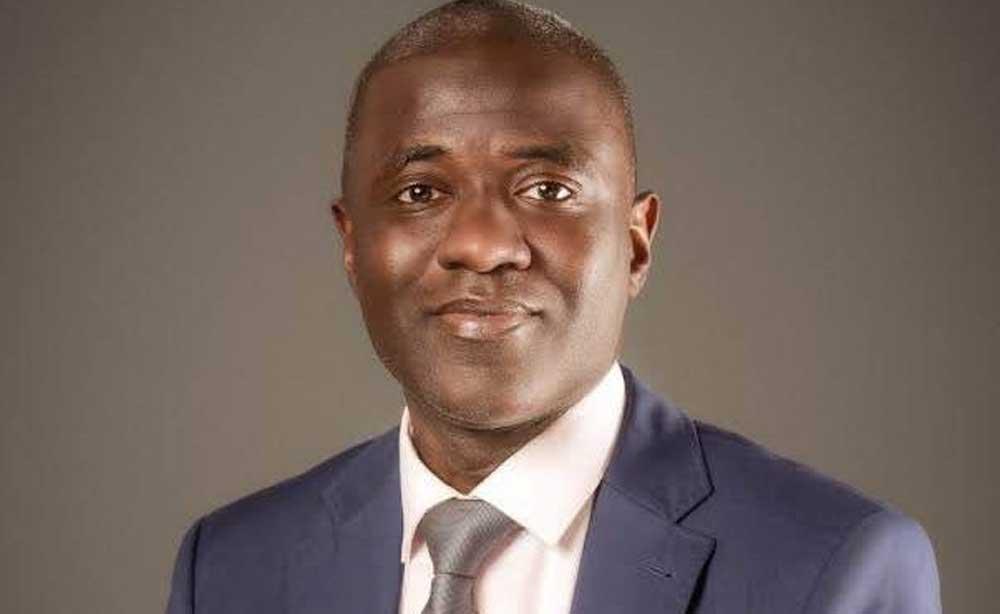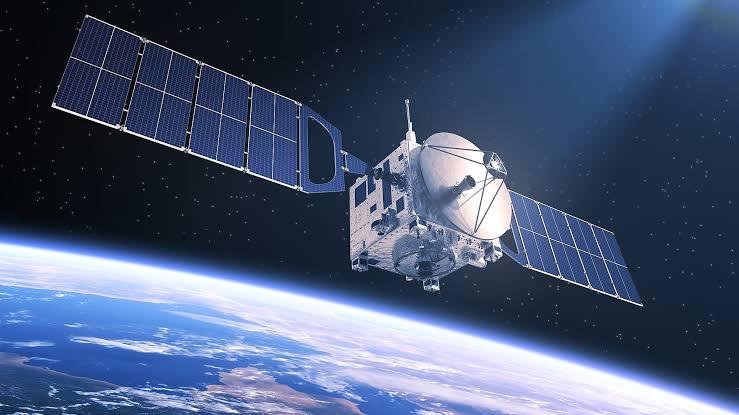
Tanzania has blocked access to the social media platform X, formerly known as Twitter, citing concerns over pornographic content that violates the country's cultural and legal standards. The announcement was made by Information Minister Jerry Silaa during a local TV interview, where he said the platform was sharing explicit material, including same-sex pornography, which goes against Tanzania’s "laws, culture, customs, and traditions."
Silaa linked the decision to X’s policy change last year allowing consensual adult content to be shared, saying it breached Tanzania’s online ethics guidelines. He added that even on platforms like YouTube, some content is now restricted as part of broader efforts to ensure all digital platforms follow local regulations.
While Tanzanians began noticing restricted access to X in the last two weeks, especially after a hacking incident targeting the police’s official account, the government had not confirmed a full shutdown until Silaa’s remarks. The hacked account reportedly shared pornographic content and falsely claimed that President Samia Suluhu Hassan had died.
Internet watchdog Netblocks confirmed that access to X was disrupted on May 20, soon after the hacking incident. The AFP news agency also reported that pornographic content appeared on the hacked YouTube account of the tax authority. However, it remains unclear who was behind the hacks.
Tanzania's Legal and Human Rights Centre (LHRC) criticized the move, calling it part of a "troubling pattern of digital repression," especially ahead of the presidential and parliamentary elections set for October. LHRC pointed out that X faced a similar block before the 2020 elections and raised concerns about the openness of Tanzania’s digital space.
The rights group also noted inconsistencies in the government’s stance, saying that even as officials block X, they continue to use it for official communication. It said this confuses the public and weakens the government's credibility.
Political tensions have also been rising in Tanzania following the arrest of opposition leader Tundu Lissu, who was charged with treason after calling for an election boycott. Kenyan and Ugandan activists who traveled to Tanzania to support Lissu faced detention and deportation, with some alleging they were sexually assaulted while in custody—claims Tanzanian police have denied.
Amnesty International and regional human rights groups have called for a full investigation into the allegations and urged Tanzania to uphold human rights as the election approaches.
Technology

NCC Orders Telcos to Notify Nigerians of Major Network Outages
Telecommunication companies in Nigeria must now inform customers in advance about major service disruptions on their networks.

Nigeria Approves Launch of Four Satellites for Security, Earth Monitoring
Nigeria will launch four new satellites to support Earth observation and enhance national security efforts, according to Uche Nnaji, the Minister of Innovation, Science, and Technology.

Indonesia Eyes Data Centre Growth but Faces Major Hurdles
Indonesia, Southeast Asia’s largest digital economy by population, aims to become a major tech player in the region.